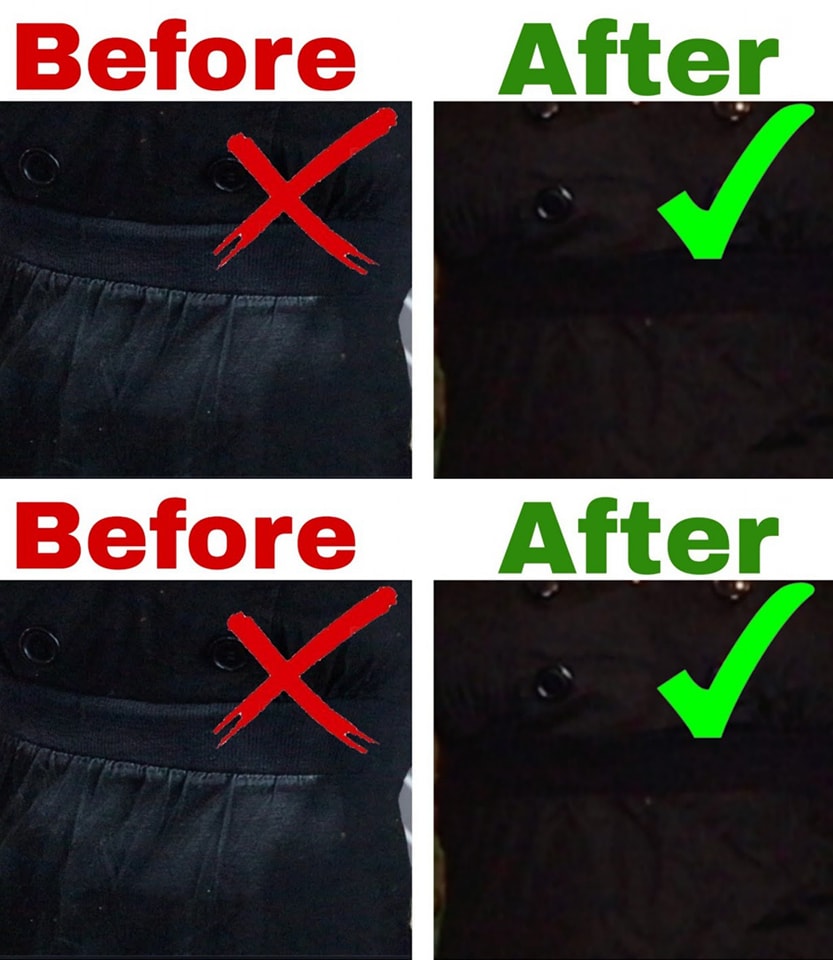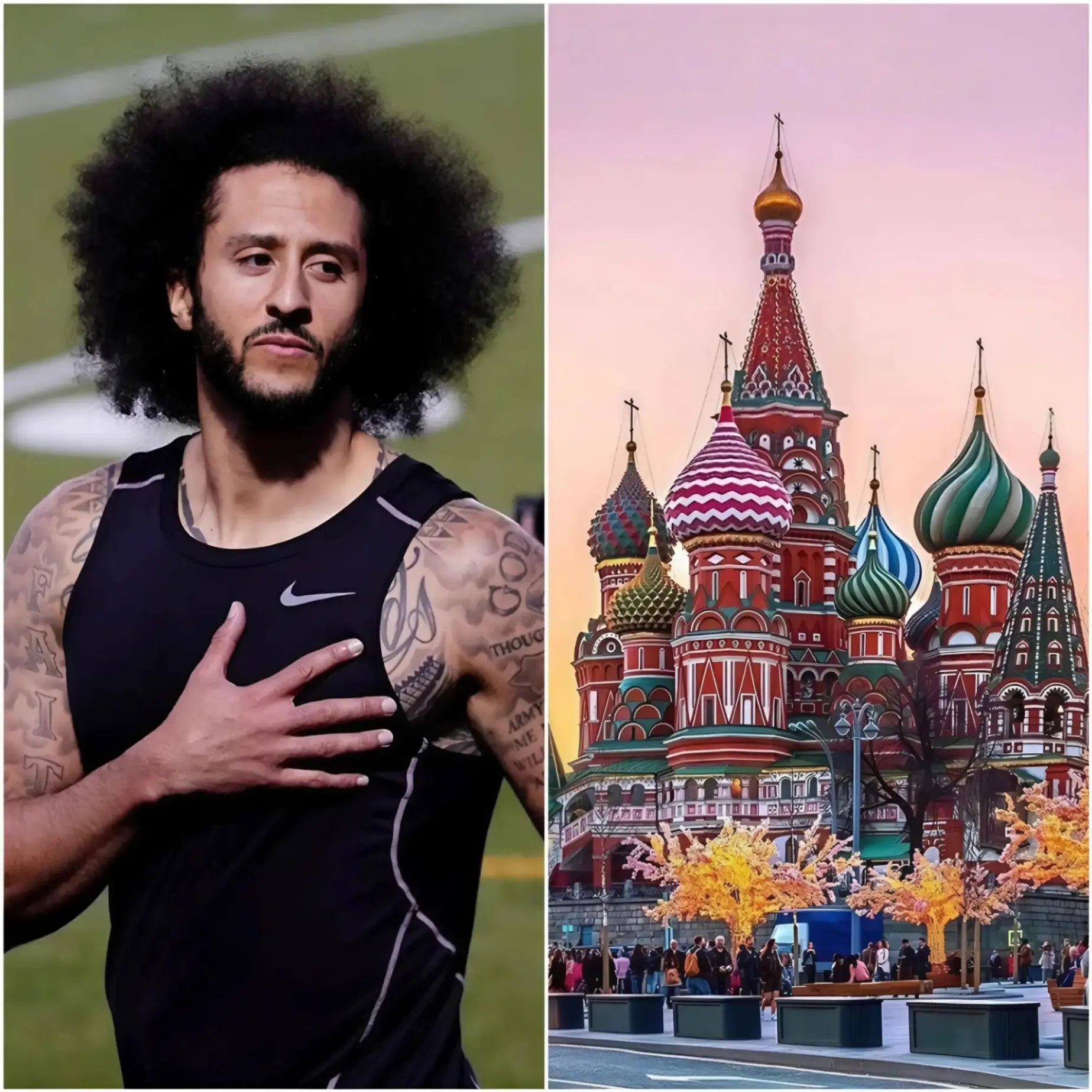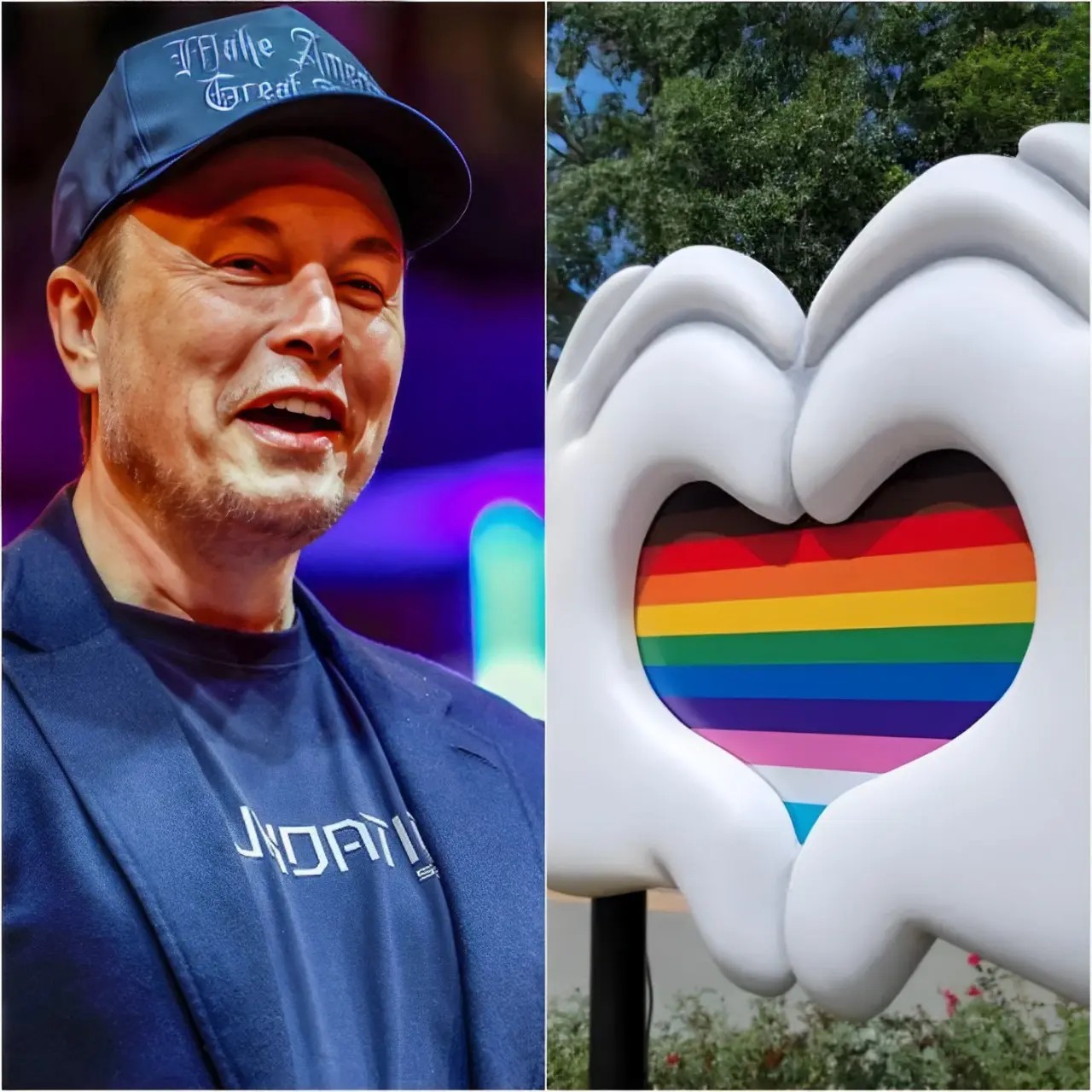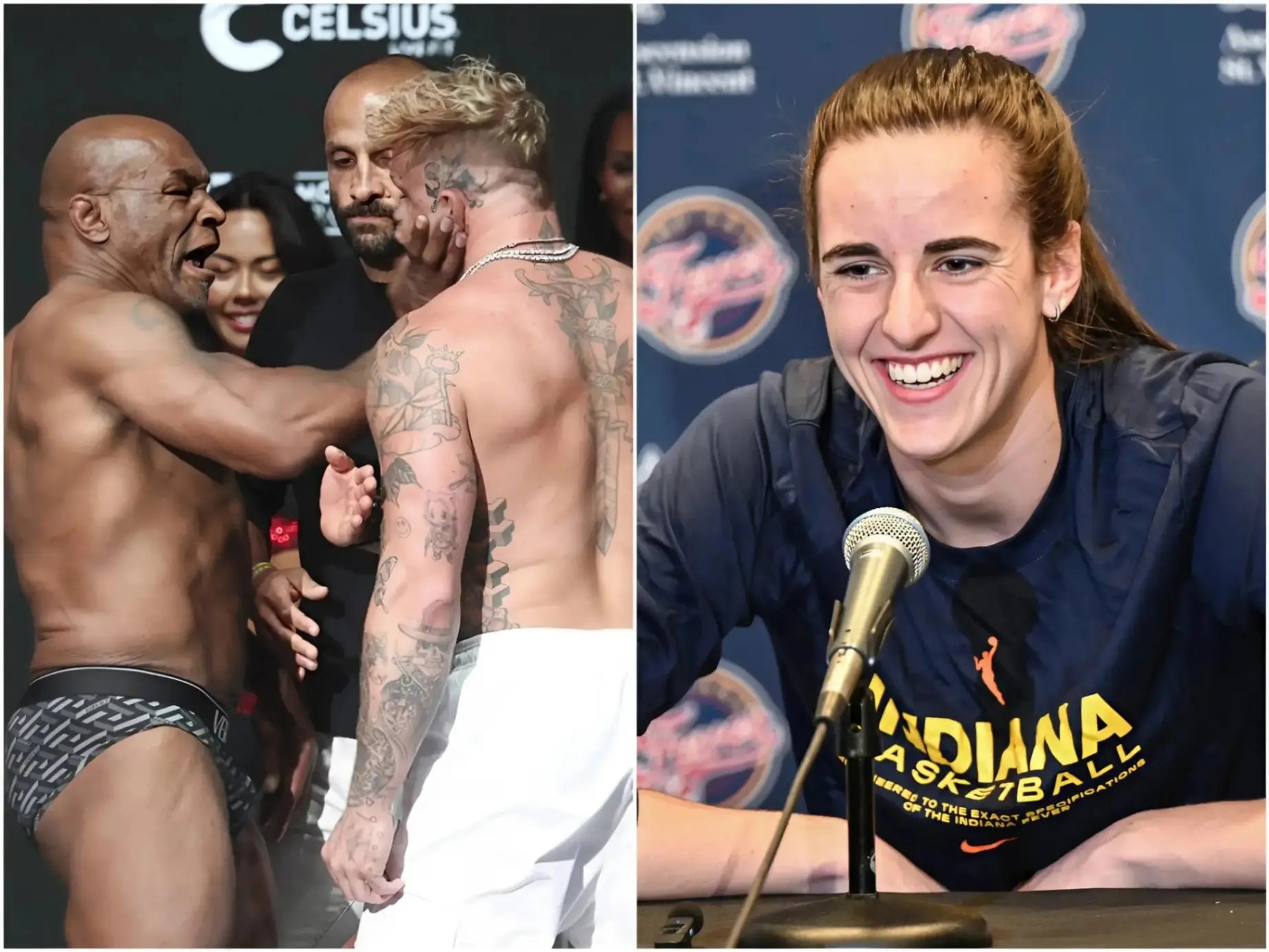On the other hand, some studio executives and producers were less understanding. An anonymous executive from the involved studio lamented, “This was a golden opportunity, both creatively and financially. Keanu’s decision is a significant setback for the project. We will now have to reconsider our casting and potentially the entire direction of the film.”
Fans of both actors have taken to social media to express their views. Many of Reeves’ supporters lauded his decision, highlighting his consistent authenticity and refusal to compromise his values. One fan tweeted, “Keanu Reeves is a class act. Money can’t buy integrity, and he’s proven that once again.”
However, De Niro’s fans were quick to defend their idol. “Robert De Niro is one of the greatest actors of our time,” wrote another user. “It’s a shame Keanu can’t look past politics for the sake of art. This could have been a masterpiece.”
At the heart of this controversy is the ongoing debate over “wokeness” in Hollywood. The term has become a cultural flashpoint, often used to describe progressive social and political views. Critics argue that “wokeness” leads to excessive political correctness and stifles free speech, while supporters contend that it represents necessary social progress and awareness.
Keanu Reeves’ comment about De Niro being “woke” taps into this broader cultural debate. It raises questions about whether personal political beliefs should influence professional decisions and how much weight actors and filmmakers should give to their colleagues’ off-screen personas.
Robert De Niro, known for his straightforward and often fiery responses, did not remain silent on the matter. In an interview with a prominent entertainment magazine, De Niro addressed Reeves’ decision: “Keanu is entitled to his opinions, just as I am to mine. If he feels that working with someone who has a strong political stance is an issue, that’s his prerogative. But I won’t apologize for standing up for what I believe in.”
De Niro’s response was predictably polarizing, with some applauding his steadfastness and others criticizing what they perceived as an inability to separate personal beliefs from professional obligations.
As Hollywood continues to navigate the complexities of political discourse and personal beliefs, the incident between Reeves and De Niro serves as a microcosm of the broader tensions within the industry. For Reeves, the decision to turn down the role may have short-term financial implications, but it likely reinforces his reputation as a principled and authentic actor. For De Niro, the rejection is a reminder of the divisive impact his outspoken political views can have, even among his peers.


















